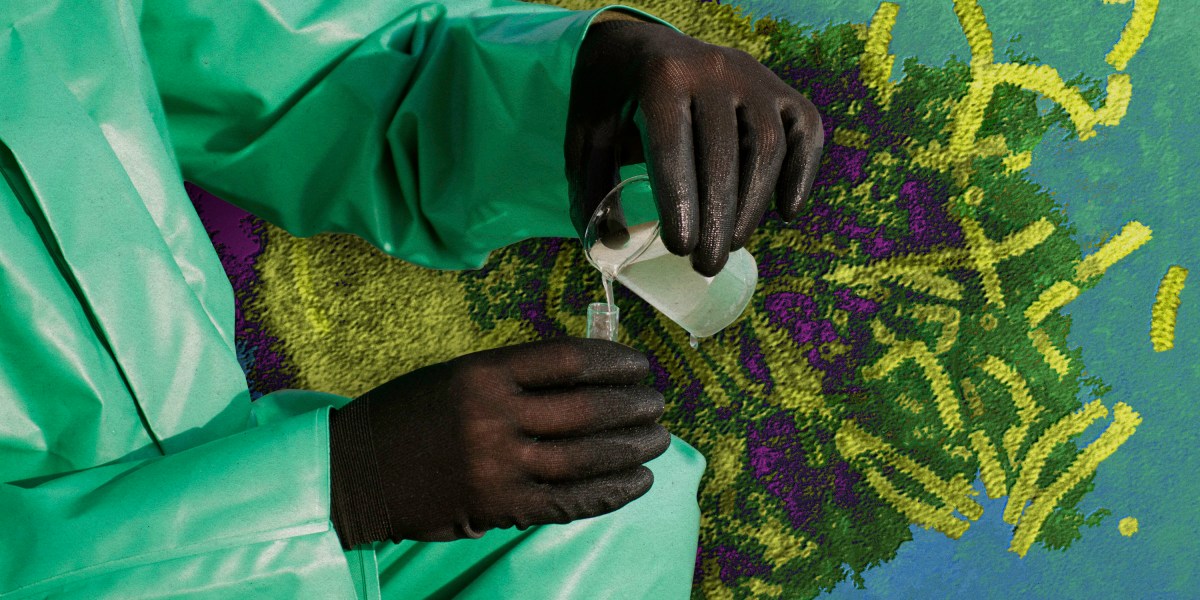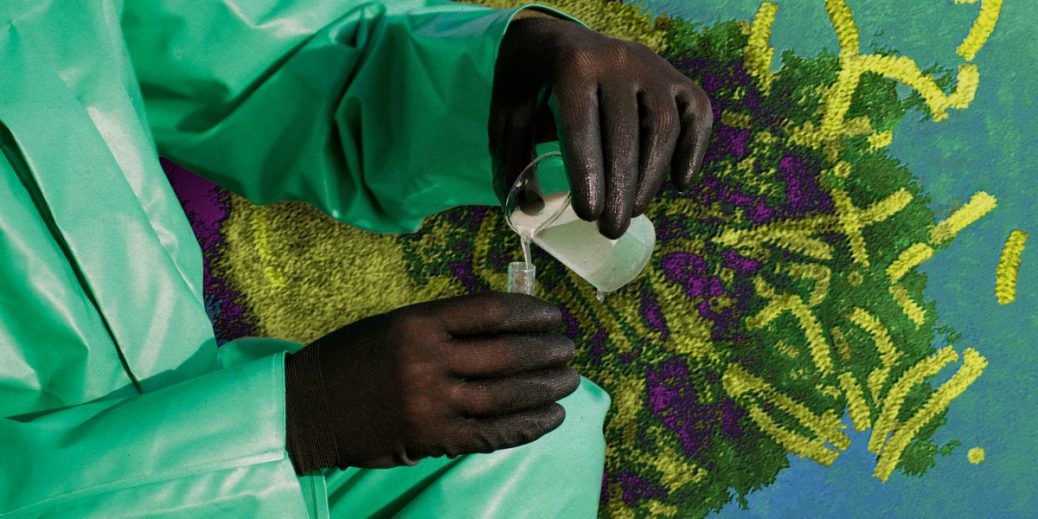
Maybe there’s a solution. The US developed a vast wastewater sampling network to detect covid during the pandemic. Could we leverage that network to provide an early warning system for measles?
“I actually think you could make the argument that measles is even more important to [detect] than covid or influenza or any of the other pathogens that we’re looking for,” says Samuel Scarpino, an epidemiologist at Northeastern University in Boston.
Wastewater surveillance relies on standard lab tests to find genetic evidence of pathogens in sewage—DNA or RNA. When people are infected with covid, they shed SARS-CoV-2 in their stools, so it’s easy to see why it would show up in wastewater. But even viruses that don’t get pooped out can show up in the sewers.
Although measles is a respiratory virus, people shed it in their urine. They also brush their teeth and spit in the sink. They blow their noses and throw the tissue in the toilet. “We shed these viruses and we shed bacteria and fungi in so many ways that end up in the sewer,” says Marlene Wolfe, an environmental microbiologist and epidemiologist at Emory University and one of the directors of WastewaterSCAN, a program based at Stanford that monitors infectious diseases through municipal wastewater systems.
The literature on wastewater detection of measles is scant, but encouraging. In one study, a team of researchers in the Netherlands tested wastewater samples collected in 2013 during a measles outbreak in an orthodox Protestant community for evidence of the virus. They found measles RNA, and the positive samples matched the locations where cases had been reported. They even managed to confirm that the virus in one sample was genetically identical to the outbreak strain. But not every measles case showed up in the sewers. Some samples taken where cases had occurred didn’t harbor any measles RNA.
In another study, researchers from Nova Scotia developed a tool to screen wastewater for four pathogens simultaneously: RSV, influenza, covid, and measles. When they tested it in Nova Scotia, they didn’t get any positive hits for measles, which didn’t surprise them as no cases had been reported. But when they seeded the wastewater samples with a surrogate for measles, they were able to detect it at both high and low concentrations
The real question, Wolfe says, is whether detecting measles in wastewater would have any public health value. Because measles is rarely asymptomatic and the rash is so distinctive, cases tend to get noticed. “Some of our other systems can work pretty well at identifying measles cases as they come up,” she says.



Recent Comments